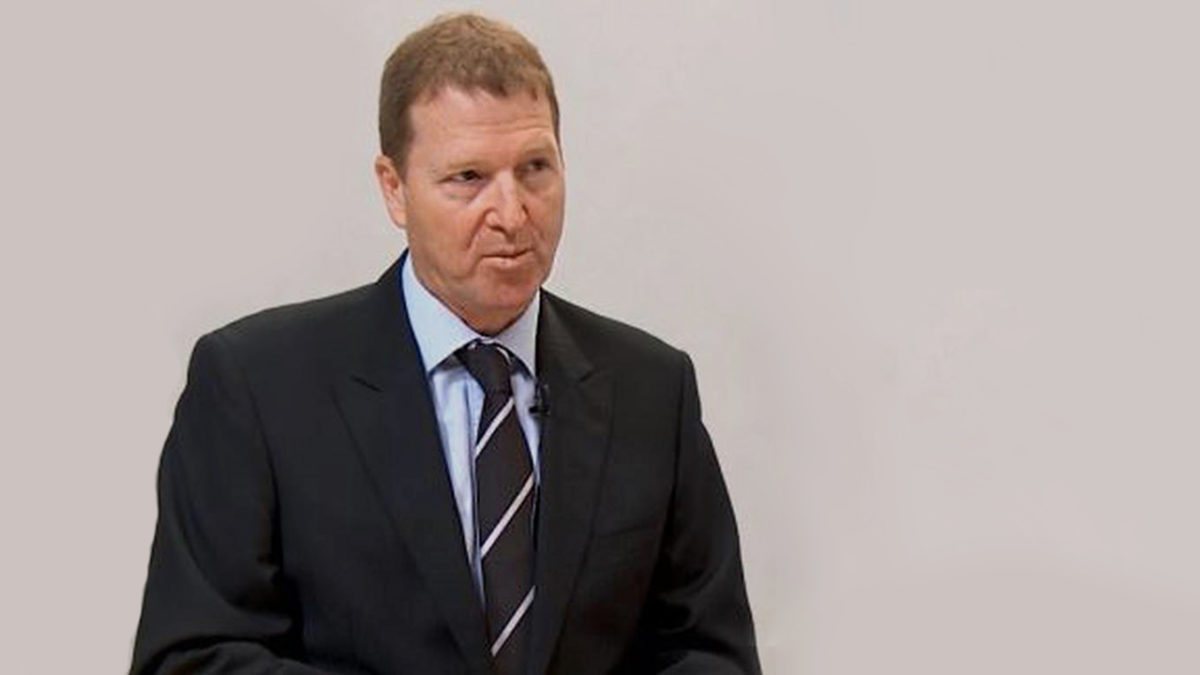Westpac follows ANZ with Northern Trust mandate
Northern Trust has won another passive global equities gig with a bank-owned KiwiSaver fund following a mandate reshuffle at the Westpac scheme in New Zealand. Australia’s Ninety One was also a winner in the reshuffle.
Along with several other changes, Northern Trust picked up a spot among six managers on the Westpac/BT international equities panel, which services the bank’s KiwiSaver scheme and other retail funds.
Westpac also added the Australia-based Ninety One (formerly known as Investec) to its global shares roster while dropping AQR Capital from the line-up. Westpac further culled a BlackRock fund from the alternative assets portfolio leaving only K2 Advisors filling that role.
The Northern Trust exposure marks a return of a passive manager to the Westpac KiwiSaver offshore equities strategy. Until early 2017, the bank-owned scheme listed State Street Global Advisors (then accessed via an AMP Capital vehicle) as underlying international equities for the default fund after previously using Vanguard.
The Westpac move to Northern Trust likely reflects the ongoing review of KiwiSaver default providers, due to conclude at the end of March. As one of the nine incumbent default providers, Westpac is under pressure to reduce fees ahead of the government appointment process. The Ministry of Business, Innovation and Employment (MBIE) will base 60 per cent of its default fund recommendations on fee levels.
At the same time, the default fund asset allocation will shift from the current conservative settings to a balanced model, implying a higher exposure to equities.
Last October, Northern Trust, which runs about NZ$6 billion (A$5.6 billion) of index-style global shares for the NZ Superannuation Fund, secured its first KiwiSaver mandate in an estimated NZ$5 billion appointment by ANZ. Under the arrangement, Northern Trust now manages money in factor-based styles for ANZ (covering KiwiSaver and other funds) across three asset classes: global fixed income; international credit; and, offshore equities (for the ANZ default KiwiSaver scheme only).
The decision by ANZ’s existing international shares index fund provider, Vanguard, to cut all institutional mandates in Australia and NZ last year (with a two-year notice period) hastened the move, which was already under consideration. At least two other bank-owned KiwiSaver schemes – BNZ and ASB – will have to replace Vanguard in various investment mandates before the announced transition period ends.
Westpac reported about NZ$340 million in its default fund as at the end of March last year, of which about 11 per cent was in global equities, suggesting a relatively small allocation (even allowing for the risk upgrade to balanced) to Northern Trust if the bank intends to use the manager solely for default purposes. However, Northern Trust is also now included as a manager in the bank’s non-KiwiSaver fund range.
According to Australian research house Plan for Life, Westpac reported total retail funds under management – including about NZ$8 billion in KiwiSaver – of NZ$13.6 billion as at the end of June 2020.
In October last year, Westpac NZ sold its financial advisory arm to the broking house Forsyth Barr, reflecting a similar shift away from wealth management in the bank’s Australian parent. Westpac Australia sold down its final chunk of the now ASX-listed BT funds management business (rebranded as Pendal in 2018) last year but the bank retains control of the NZ investment entity, which reports through to acting head of investments and insurance Nigel Jackson.
– David Chaplin is publisher of Investment News NZ











